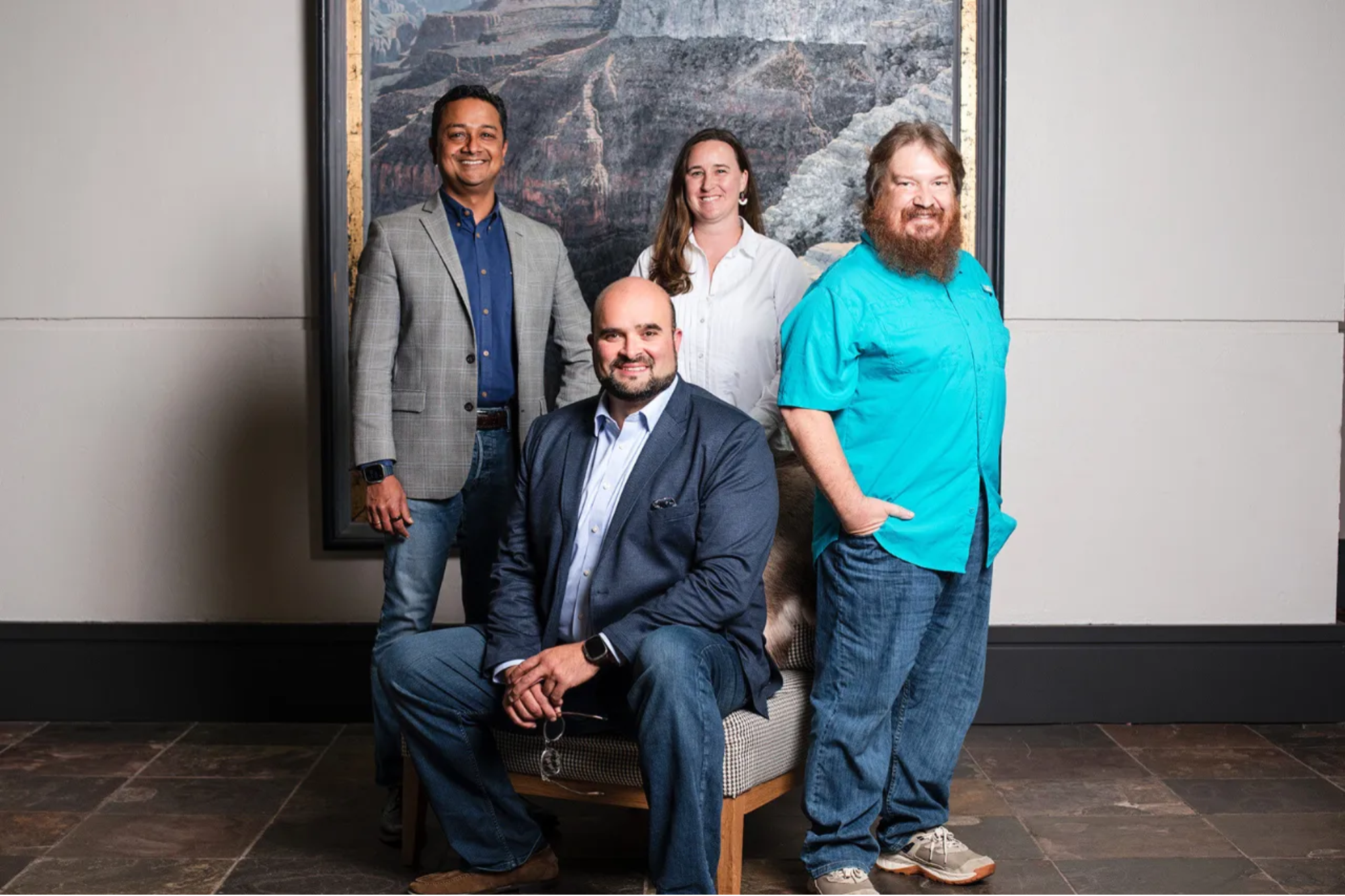3 Reasons Why Big Data Is The Next Big Thing In The Fashion Industry Tom Ford's revolutionary and game changing move that flew in the face of the venerable fashion industry tradition
By Vinil Ramdev
Opinions expressed by Entrepreneur contributors are their own.
You're reading Entrepreneur India, an international franchise of Entrepreneur Media.

The biggest story at the New York Fashion Week earlier this year was about what was not happening. What was not happening were fashion shows, specifically from icons like Tom Ford and Burberry.
Days before unveiling his Fall collection, which oddly enough is done six months before anyone can buy Fall styles, Tom Ford abruptly canceled his show, announcing a new business model that allows consumers to see and purchase styles in season. Making such a drastic change, one that flew in the face of the venerable fashion industry tradition, was called revolutionary and game changing.
But it really was not. In fact, Tom Ford was following a path blazed by young startups in the last five years. A whole new industry has sprung up that operates on a direct to consumer model, incorporates active consumer feedback, makes styles available year round, and sells clothing at bargain prices. This model, which is made possible by leveraging big data, has been so disruptive that it has finally forced the most established brands in the fashion industry to change their practices. The people making fashion choices today look less like Meryl Streep circa The Devil Wears Prada and more like Jesse Eisenberg circa The Social Network.
To learn more about how fashion companies are using big data, I spoke with Roman Kirsch, Founder and CEO of Lesara, a fashion company that was just named the fastest growing tech startup in Europe. This is what he believes are the three ways that big data is changing the fashion industry:
#1 Demand
Because of the increase in online shopping, fashion companies are expected to have the styles consumers want available for purchase in every season, in every color and pattern, and with lightning fast delivery options. To do so, fashion companies have to know what consumers will want to buy before they buy it.
"We study data from numerous sources to understand consumer demands as they develop and we cater to them in real time," says Kirsch. "We use data to work faster and more efficiently than any traditional retailer, which allows us to offer customers a much more personalized shopping experience in terms of personalized merchandise and active feedback."
By peering into that data, Lesara can decide if the romper will be a rising or falling trend, whether bell bottoms are going to become mainstream or lose out to a competing style. In other words, big data allows agile retail companies to make what consumers want instead of what they think they want.
#2 Production
Companies like Marshalls and Ross make hundreds of millions of dollars every year by selling products that large fashion companies over-produced. Their entire existence is based on the premise that Calvin Klein will overestimate how popular beige leather jackets will be and need to unload a substantial amount of surplus inventory.
"Data helps agile retail companies anticipate demand and produce appropriate quantities," says Kirsch. "That's good for our bottom line, it's good for the environment, and it gives us an enormous advantage over the slower retail giants at the top of the industry."
#3 Rapid Response
Agile retail companies derive their name from the nimble way in which they manufacture, market, and deliver their products. Lesara can take a style from concept to production to storefront within ten days. Data helps them make immediate adjustments that other fashion companies cannot.
Kirsch points out, "If you are making your winter collection six months in advance and it turns out to be an unusually warm winter, you could lose millions of dollars in sales. People don't buy peacoats when it is dry and sunny outside."
Agile retail companies are able to rapidly respond to changing circumstances, be that the weather or consumer interest. "We look at all kinds of data, not just popular styles. If millennial unemployment is projected to spike, we can adjust for that," says Kirsch.
Startups like Lesara have pioneered the method and have caught many of the industry's big names flat footed. Time will tell if the big names are able to adjust quickly enough or if they will fail to adapt to the radically evolving landscape.












